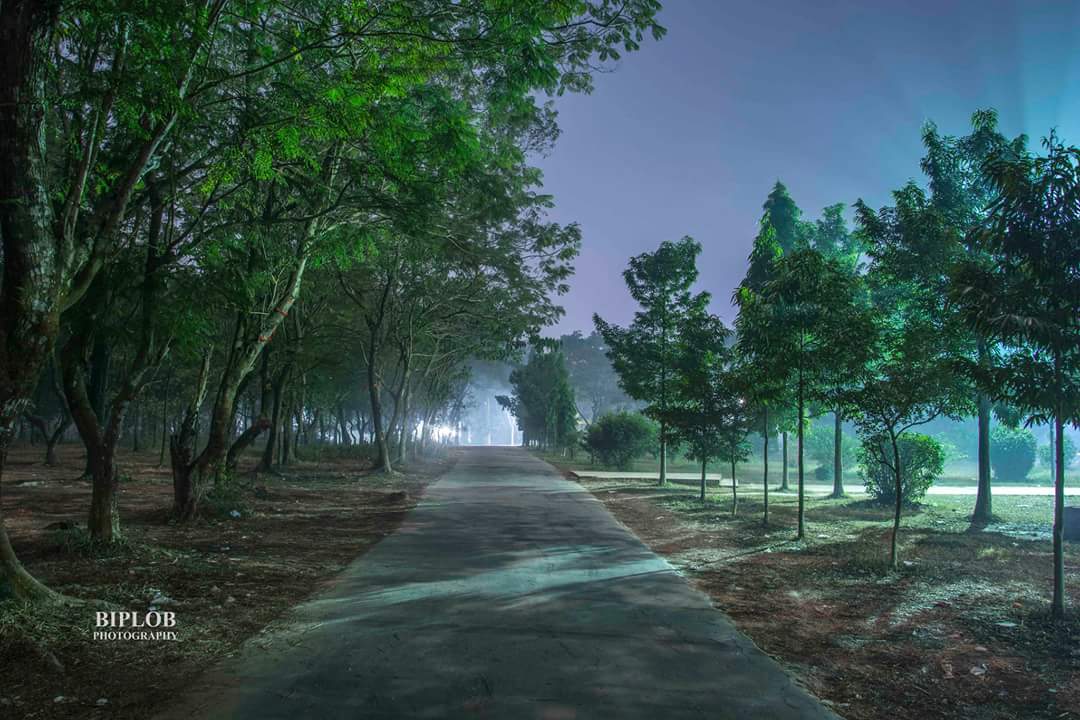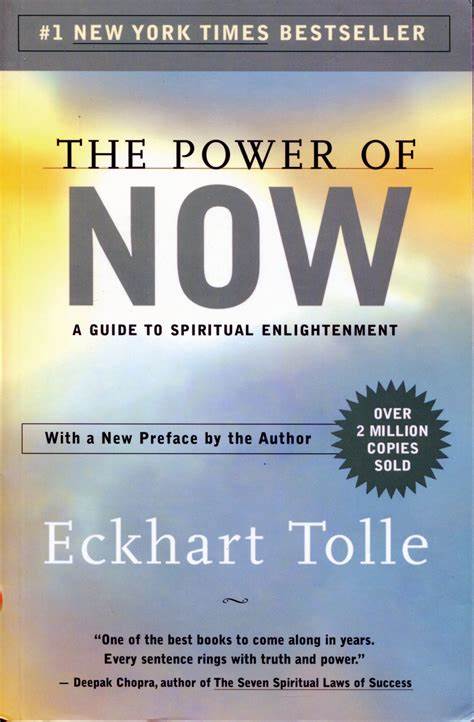PAST and FUTURE veil God from our sight; burn up both of them with fire
– Rumi
Spiritual gurus tell us that our constant thoughts about past and future are what keeps the ego real.
As I learned from Eckhart Tolle, the root of our suffering is identification with ego and what keeps this going is believing that the past and future is real.
But what about goals? What about ambition? How does spirituality deal with procrastination?
As I mostly follow Eckhart Tolle, I looked if he had anything to say about this. I found this video that was very helpful. If you don’t have the time to watch that video now let me summarize it here: Whatever goal or ambition you have in your mind, it exists in the present moment. It is not an future event. It is rather a thought in your mind, here and now. You can follow that thought, work towards making that thought into a reality, without worrying about the future. Then again, there’s nothing wrong with thinking about the future. You can do that for all types of practical reasons, like planning, scheduling etc. Just, have some attention in the present moment. Don’t lose yourself there.
Additional help
Here are two answers I found in a reddit post that sheds some light on the topic:
Answer 1:
“Procrastination” is the kind of word that people like to learn, because it gives a name to the various complex forms of avoidance, reluctance, lethargy, depression, distraction, and whatever else that they experience in conjunction with the things they think they need to do.
If there are no obvious reasons why you don’t want to do the thing you are supposed to do, then one could suggest that even thinking about procrastination and seeking a cure for “procrastination” as if it were a disease—is all just more procrastination… And that’s exactly what you don’t want to hear!
It might be interesting to think about what the things have in common which make you prone to procrastination.
The things I procrastinate with: paying bills, buying groceries and cooking food, doing uninteresting things that are on my calendar.
What do they have in common? They seem to be things that come at me from outside forces, instead of being things that I feel internally compelled to do. They also have semi-vague deadlines and are possible to postpone. These factors combine and make it so that there never seems to be any pressing, urgent, tangible reason to do them right now instead of at some later point when I will hypothetically feel more motivated.
The thing is that the hypothetical future time of increased motivation is very likely to never arrive.
Also, the more I postpone these tasks, the more I associate them in my neural pathways with the feeling of not wanting to do them, to the point where picking up my bank login gadget begins to feel in my mind like a Herculean task.
Unless you have some severe ADD or something, I think the only real solution is to realize that life—actual, moment-by-moment life as a person in the actually existing reality—is often boring and gray and stupid, and that this is just how it is, and then to just go along with it and say: Yes! I will live my boring, stupid life, just like all the other boring people throughout the history of humanity!
From the Pale King by David Foster Wallace:
“Gentlemen, here is a truth: Enduring tedium over real time in a confined space is what real courage is…. True heroism is minutes, hours, weeks, year upon year of the quiet, precise, judicious exercise of probity and care—with no one there to see or cheer.”
“The truth is that the heroism of your childhood entertainments was not true valor. It was theatre. The grand gesture, the moment of choice, the mortal danger, the external foe, the climactic battle whose outcome resolves all—all designed to appear heroic, to excite and gratify and audience. Gentlemen, welcome to the world of reality—there is no audience. No one to applaud, to admire. No one to see you. Do you understand? Here is the truth—actual heroism receives no ovation, entertains no one. No one queues up to see it. No one is interested.”
And:
“To me, at least in retrospect, the really interesting question is why dullness proves to be such a powerful impediment to attention. Why we recoil from the dull. Maybe it’s because dullness is intrinsically painful; maybe that’s where phrases like ‘deadly dull’ or ‘excruciatingly dull’ come from. But there might be more to it. Maybe dullness is associated with psychic pain because something that’s dull or opaque fails to provide enough stimulation to distract people from some other, deeper type of pain that is always there, if only in an ambient low-level way, and which most of us spend nearly all our time and energy trying to distract ourselves from feeling, or at least from feeling directly or with our full attention. Admittedly, the whole thing’s pretty confusing, and hard to talk about abstractly…but surely something must lie behind not just Muzak in dull or tedious places anymore but now also actual TV in waiting rooms, supermarkets’ checkouts, airports’ gates, SUVs’ backseats. Walkman, iPods, Blackberries, cell phones that attach to your head. The terror of silence with nothing diverting to do. I can’t think anyone really believes that today’s so-called ‘information society’ is just about information. Everyone knows it’s about something else, way down.”
And yet also:
“It turns out that bliss—a second-by-second joy + gratitude at the gift of being alive, conscious—lies on the other side of crushing, crushing boredom. Pay close attention to the most tedious thing you can find (tax returns, televised golf), and, in waves, a boredom like you’ve never known will wash over you and just about kill you. Ride these out, and it’s like stepping from black and white into color. Like water after days in the desert. Constant bliss at every atom.”
“It is the key to modern life. If you are immune to boredom, there is literally nothing you cannot accomplish.”
Every time you’re faced with the knowledge that you will have to do the Boring Thing at some point, it’s an opportunity to stare in the eyes of tedium and say “I’m not afraid of you,” and then go and simply do it. There may not be a special yogic trick that will make it exciting and colorful in precisely the way you want it to be. But when you sit down and do it… You’re doing it. And that’s something!
Answer 2:
There are several causes behind procrastination, and the “advice” that tends to crop up around it relies on clichés and catch phrases, and usually misses the mark.
I too have been a procrastinator, and I want to add a couple of dimensions to the situation that helped me. Hopefully they can help you.
First off, the regular practice of meditation helped me a lot with my overall focus. Even with the bare minimum of 5 minutes every morning really helped my calm my mind down, and learned to re-focus. I recommend more, of course. Whenever I get in my zone, I am more able to stay in the present and dedicate more attention to whatever it is I am working on. It sounds to me like you have hit a bit of a wall with your own practice, though. I hope you find your way back to it.
Anyway, thing is, so far, meditation had done little for my motivation.
So, as I continue to learn more from the dharma, and I begin to incorporate every facet of the noble eightfold path into how I conduct my life, I have begun to feel a change in how I interact, especially with things that are obligations required of me from the outside (as opposed to fun things I naturally find engaging or entertaining). Especially within the context of “no self”.
So, the idea lately has been one of full engagement with whatever it is that lays before me. I am a part of it all, as we all are. If I no longer see myself as a victim, or a buyer, or a seller, or trying to find fairness, or anything like that. If you can let go of expectations and wanting, then all that there is left is that pervasive sense of interconnectedness. That has helped me A LOT lately



